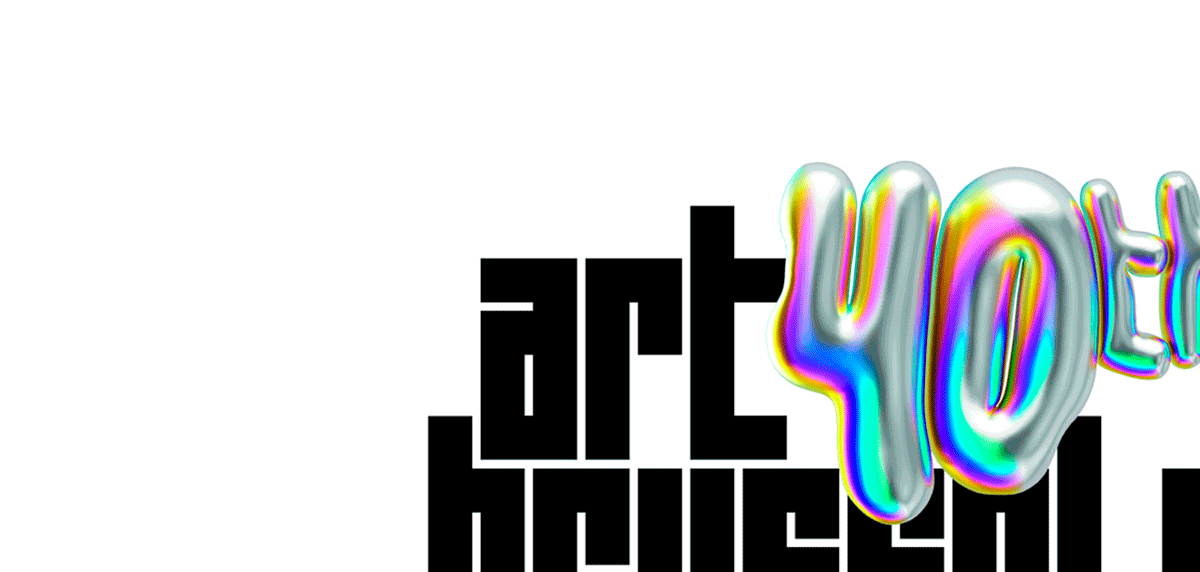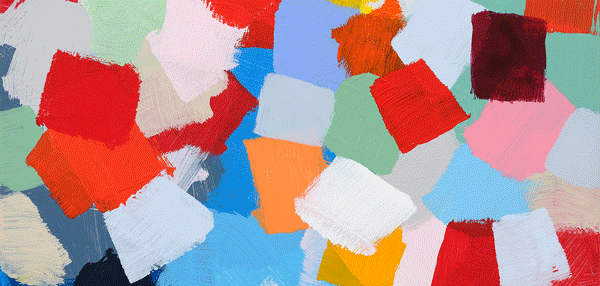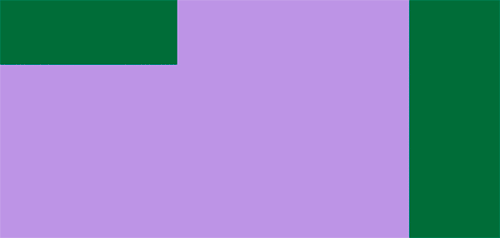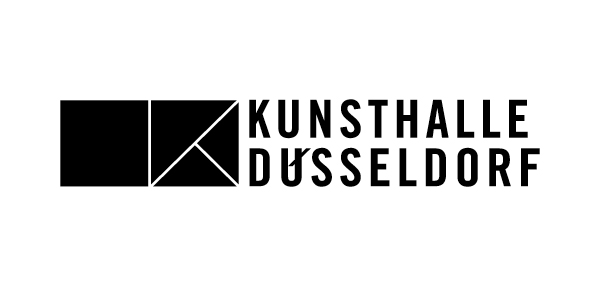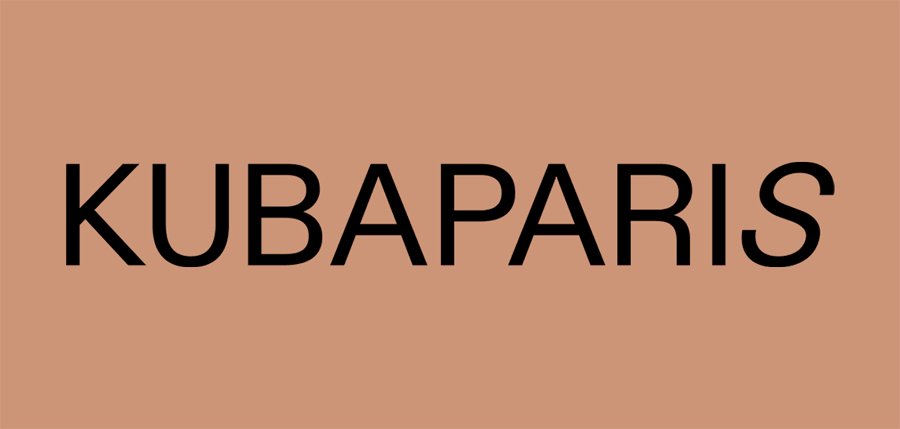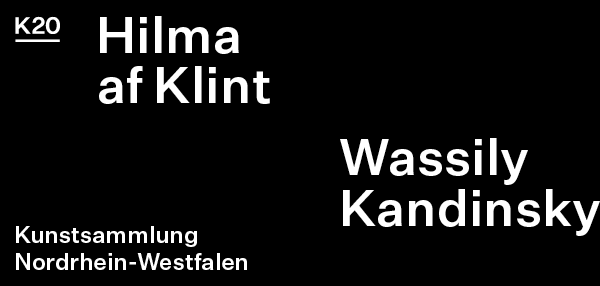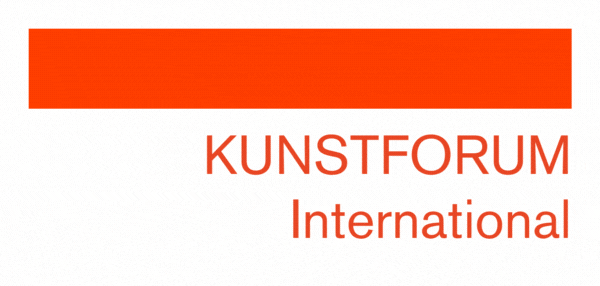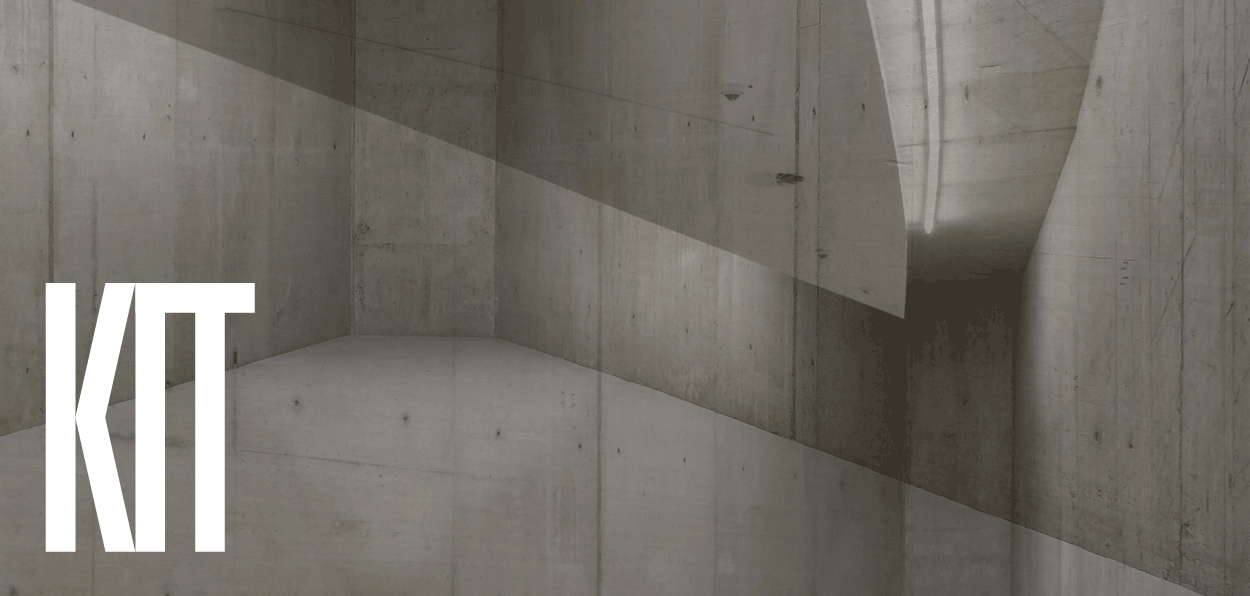Galerie Max Mayer
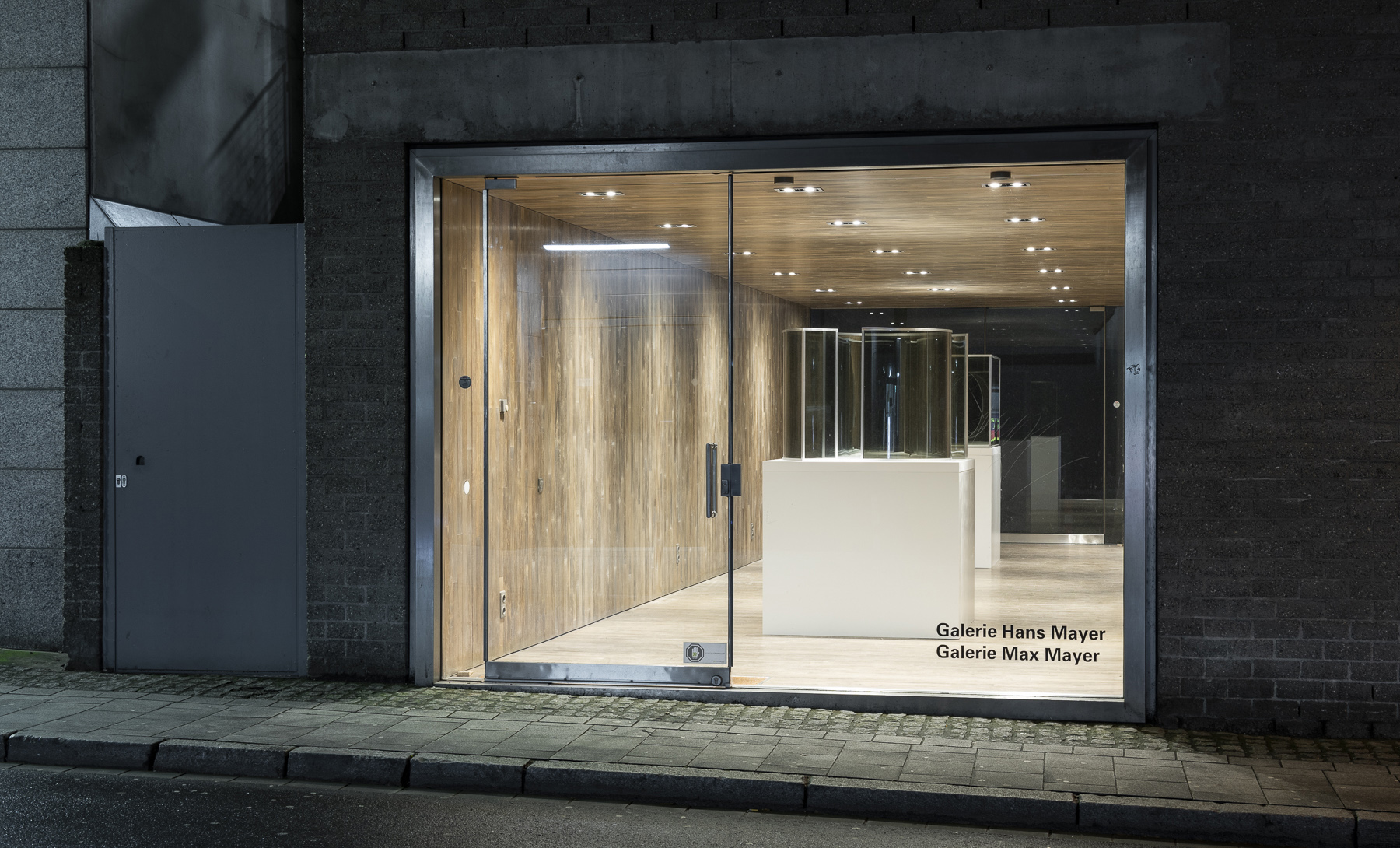

Mutter-Ey-Str. 3
40213 Düsseldorf
Di–Sa: 12–18 Uhr
T +49 (0) 211-54 47 39 67
Exhibitions
Mega Please Draw Freely (Aldo van Eyck)
Ei Arakawa-Nash
Info: Ei Arakawa-Nash’s exhibition Mega Please Draw Freely (Aldo van Eyck) at Galerie Max Mayer presents three new works alongside a large-scale participatory installation on the gallery’s floor. Arakawa-Nash’s exhibitions and performances are often created through fervent collaborations with artists (and at times their artworks), art historians, and audience members themselves. By various means of performance and appropriation, the artist reevaluates the relevance of historical artwork and repurposes it under the present context. For this occasion, his three new LED works relate to Japanese artist Jirō Yoshihara (1905–1972), who in 1954, together with a group of young artists, founded Gutai, a radical post-war artistic group in Japan who had a central focus in play, and children’s creativity. (Many of them were educators for a long time.) Toward the end of Yoshihara’s time as a part of the Gutai group, he was known for works showing monochrome painted circles in front of monochrome backgrounds. Following the simplicity of Yoshihara’s formal choices, Arakawa-Nash now presents three of his circles in the three primary colors—red, green, and blue, sourced from the digital image of paintings. (…)
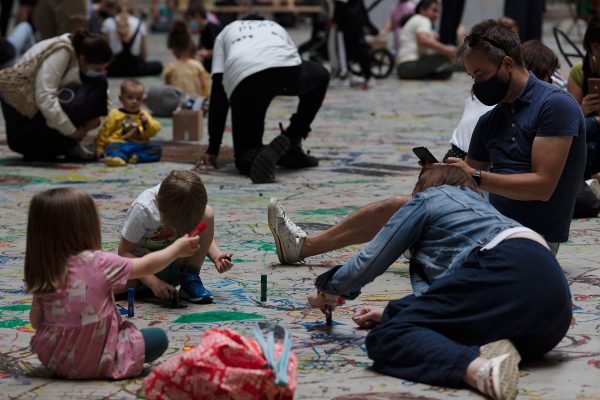
Events
Mega Please Draw Freely (Aldo van Eyck)
Ei Arakawa-Nash
Info: Ei Arakawa-Nash’s exhibition Mega Please Draw Freely (Aldo van Eyck) at Galerie Max Mayer presents three new works alongside a large-scale participatory installation on the gallery’s floor. Arakawa-Nash’s exhibitions and performances are often created through fervent collaborations with artists (and at times their artworks), art historians, and audience members themselves. By various means of performance and appropriation, the artist reevaluates the relevance of historical artwork and repurposes it under the present context. For this occasion, his three new LED works relate to Japanese artist Jirō Yoshihara (1905–1972), who in 1954, together with a group of young artists, founded Gutai, a radical post-war artistic group in Japan who had a central focus in play, and children’s creativity. (Many of them were educators for a long time.) Toward the end of Yoshihara’s time as a part of the Gutai group, he was known for works showing monochrome painted circles in front of monochrome backgrounds. Following the simplicity of Yoshihara’s formal choices, Arakawa-Nash now presents three of his circles in the three primary colors—red, green, and blue, sourced from the digital image of paintings. (…) Finissage in the presence of the artist.



